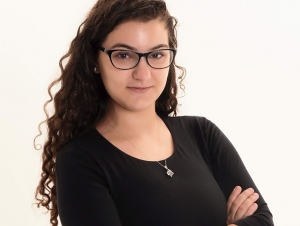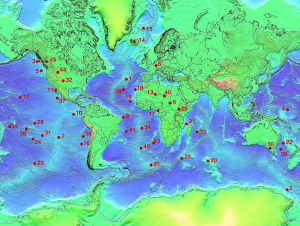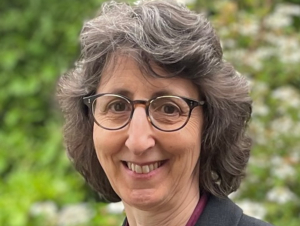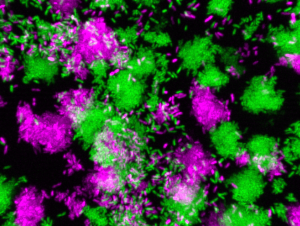To request a media interview, please reach out to experts using the faculty directories for each of our six schools, or contact Jess Hunt-Ralston, College of Sciences communications director. A list of faculty experts is also available to journalists upon request.
Latest News
Alex Robel, assistant professor in the School of Earth and Atmospheric Sciences, has been awarded a $780,000 NSF CAREER grant to improve how computer models of melting ice sheets incorporate data from field expeditions and satellites. Robel will create a new open-access software package — complete with state-of-the-art tools and paired with ice sheet models that anyone can use, even on a laptop or home computer.
The 5-star rating is a continuation of the Institute’s reputation for being a good return on investment.
Nadia Qutob is among five Georgia Tech undergraduates awarded the prestigious Goldwater Scholarship for 2023. By providing scholarships to students who intend to pursue research careers in the natural sciences, mathematics and engineering across the U.S. the Goldwater Foundation helps develop highly-qualified professionals in these critical fields.
A team of scientists led by Georgia Tech have observed past episodic intraplate magmatism and corroborated the existence of a partial melt channel at the base of the Cocos Plate. Situated 60 kilometers beneath the Pacific Ocean floor, the magma channel covers more than 100,000 square kilometers, and originated from the Galápagos Plume more than 20 million years ago, supplying melt for multiple magmatic events — and persisting today.
Jean Lynch-Stieglitz has earned a new fellowship with the National Academies of Sciences, Engineering, and Medicine to build STEM expertise in the State Department and the U.S. Agency for International Development. Lynch-Stieglitz, a professor in the School of Earth and Atmospheric Sciences, is one of nine fellows selected this year, and will be joined by Olga Shemyakina, associate professor in the School of Economics at Georgia Tech.
Researchers at the Georgia Institute of Technology have identified the major mechanism behind the transition between chronic and acute P. aeruginosa infections. Their research findings can inform the development of future treatments for life-threatening acute infections.








